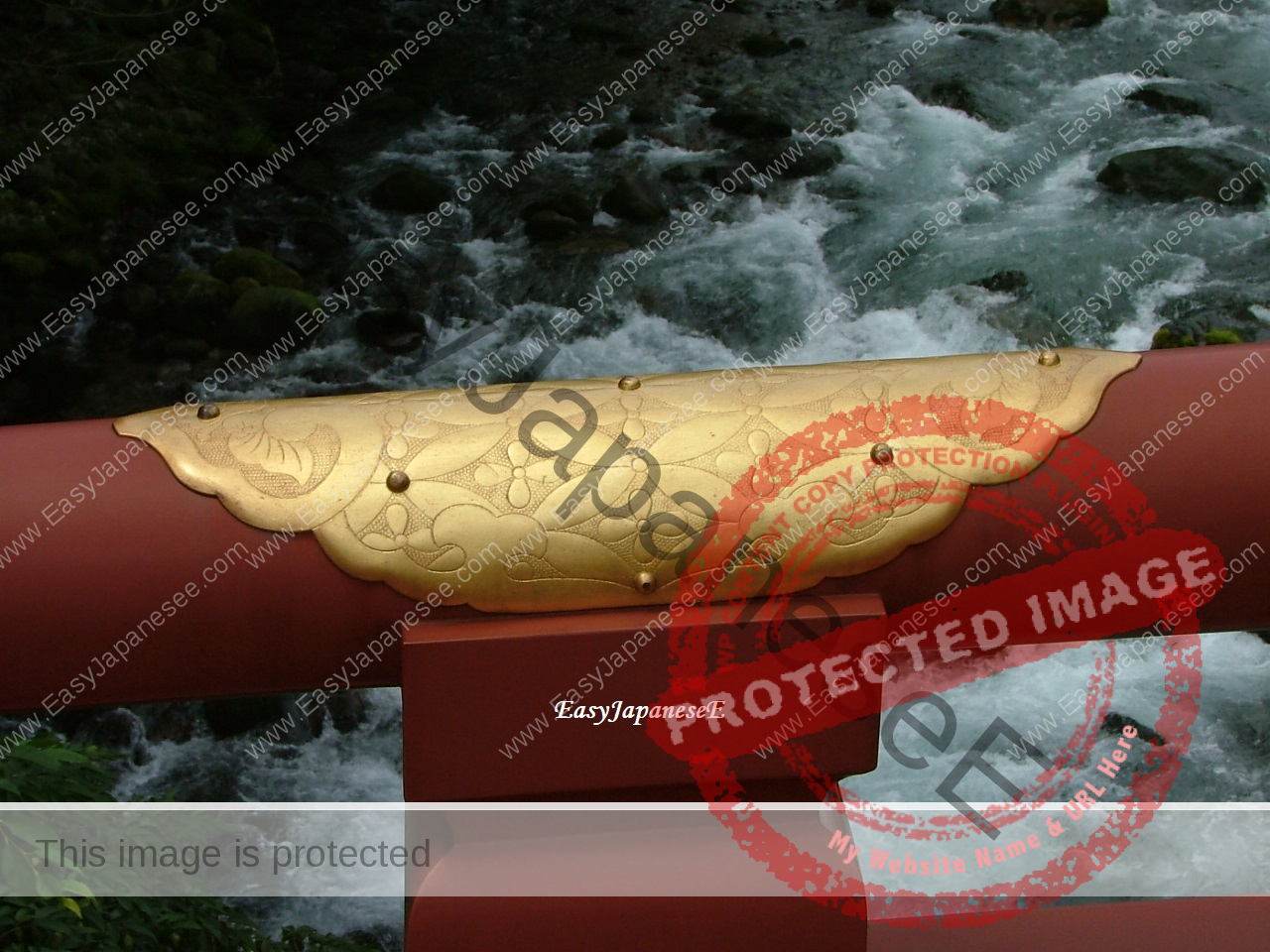You learned about ~ます、ました、ません、ませんでした endings. If you add か after those endings, the sentence becomes a question. So あさごはんを たべますか means “Do you eat breakfast?”. Unlike English, you don’t need to change anything else.
Another set I’d like you to learn today is the ways to suggest an action.
~ましょう ending is used when you want to do something together with the person you are talking to, so it’s like “Let’s ~” in English.
~ましょうか has 2 usages, one is like “Shall I ~?” (asking if I should do something) and the other like “Shall we ~?” (reservedly suggesting the other person to do something with you).
~ませんか also has 2 usages; “Don’t you ~/won’t you~?” (suggesting the other person to do something) and “Won’t you ~ with me?” (strongly suggesting the other person to do something with you).
Explanation Video
Examples
しゃしんを とりましょう。
Shashin wo torimashou.
Let’s take a photo.しゃしんを とりましょうか。
Shashin wo torimashouka.
Shall I take your photo? or Shall we take a photo?しゃしんを とりませんか。
Shashin wo torimasenka.
Why don’t you take a photo? or Shouldn’t we take a photo?
えいがに いきましょう。
eiga ni ikimashou.
Let’s go to a movie.えいがに いきましょうか。
eiga ni ikimashouka.
Shall we go to a movie?えいがに いきませんか。
eiga ni ikimasenka.
Why don’t we go to a movie?
Related post
Suggested Activities
Say a few sentences to suggest an activity.
Complete all the exercises of Module 4 in the Moodle Course.

